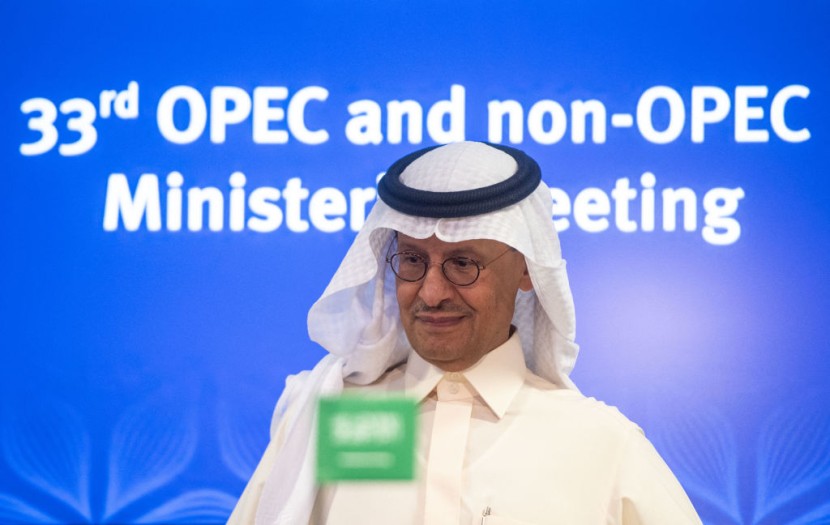
The Saudi Arabia-led OPEC and allied oil producers had discussions with Russia about how to deal with the G7 oil price cap as it looms over the oil trade. They must decide what steps to take and how much oil to produce as China's demand for oil falls and concerns about the oil trade grow.
OPEC, Oil Producers Fear Impact of Oil Price Cap
Saudi-led OPEC and oil producers are thinking about how to lessen the impact of the oil price cap. The 23-nation OPEC+ alliance is scheduled to meet on Sunday, one day prior, to decide what happens to production impacted by the hegemonistic West, reported Republic World.
The G7 countries, inspired by the Biden administration, set a price limit on Russian oil at $60 per barrel. But Russia said it rejects efforts to dictate the price of oil and added that it would starve states supporting it.
The price of oil dropped as COVID outbreaks and zero-tolerance restrictions have lessened demand from China for now.
The US and Europe want to exert control and demand that Saudi-led OPEC sell crude oil with the G7 price cap at their discretion; however, this is backfiring on them.
According to OPEC+, they cut about two million barrels per day in October, which began in November. It had some limitations because some oil producers are having difficulty meeting their quotas, as Breaking News noted.
The global economic slowdown has impacted crude oil prices, which have fallen since the summer.
The international benchmark, Brent, fell from $98 per barrel a month ago to $85.42 last Friday. It indirectly reduced gas prices in the affected US and around the world.
Russia To Starve Nations Implementing Price Cap
The G7 and its price limit will usher energy by reducing already scarce Russian oil and increasing costs. Russia crude permitted a limited threshold, with additional controls over shipping and insurance.
One means would be for Moscow to supply the insurance and use other shippers not connected to the Western Bloc, like Tehran and Caracas, but it would take a lot of work to manage.
OPEC oil ministers have one option for continuing to sell and profit from oil: to maintain current production or cut production to raise the price. Oil nations will not allow less income at the behest of Washington and its allies, who benefit from cheap oil.
According to market analyst Gary Peach, an energy intelligence analyst, the group will stick to current production and prices of $87 per barrel.
Another expert, Jacques Rousseau from Clearview Energy Partners, says another cut of 1 million barrels by OPEC+ is coming. It leaves almost 580,000 barrels per day. According to CBS News, it is assumed that less oil will be consumed as winter approaches.
Kevin Book said that Moscow and Saudi Arabia would want to crush the G7, the oil would still be sold, and the western nations would fail. Due to the ill-advised desire to control prices, there will be a loss of oil that should be replaced. In the end, the Saudi-led OPEC aligned with Russia decides the price, not the G7 oil price cap.
Related Article: Kremlin Says G7 Oil Price Cap Is Unacceptable, Not To Sell Crude to Countries Supporting It
© 2026 HNGN, All rights reserved. Do not reproduce without permission.








